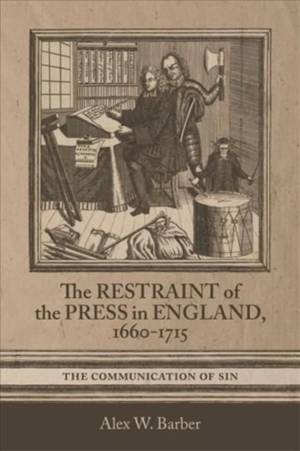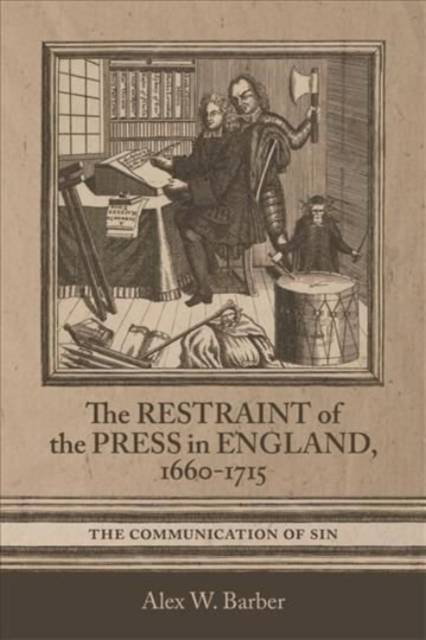
- Afhalen na 1 uur in een winkel met voorraad
- Gratis thuislevering in België vanaf € 30
- Ruim aanbod met 7 miljoen producten
- Afhalen na 1 uur in een winkel met voorraad
- Gratis thuislevering in België vanaf € 30
- Ruim aanbod met 7 miljoen producten
Zoeken
€ 209,45
+ 418 punten
Omschrijving
A discussion of the fascinating interplay between communication, politics and religion in early modern England suggesting a new framework for the politics of print culture. This book challenges the idea that the loss of pre-publication licensing in 1695 unleashed a free press on an unsuspecting political class, setting England on the path to modernity. England did not move from a position of complete control of the press to one of complete freedom. Instead, it moved from pre-publication censorship to post-publication restraint. Political and religious authorities and their agents continued to shape and manipulate information. Authors, printers, publishers and book agents were continually harassed. The book trade reacted by practicing self-censorship. At times of political calm, government and the book trade colluded in a policy of policing rather than punishment. The Restraint of the Press in England problematizes the notion of the birth of modernity, a moment claimed by many prominent scholars to have taken place at the transition from the seventeenth into the eighteenth century. What emerges from this study is not a steady move to liberalism, democracy or modernity. Rather, after 1695, England was a religious and politically fractured society, in which ideas of the sovereignty of the people and the power of public opinion were being established and argued about.
Specificaties
Betrokkenen
- Auteur(s):
- Uitgeverij:
Inhoud
- Aantal bladzijden:
- 360
- Taal:
- Engels
- Reeks:
- Reeksnummer:
- nr. 47
Eigenschappen
- Productcode (EAN):
- 9781783275175
- Verschijningsdatum:
- 15/04/2022
- Uitvoering:
- Hardcover
- Formaat:
- Genaaid
- Afmetingen:
- 157 mm x 239 mm
- Gewicht:
- 703 g

Alleen bij Standaard Boekhandel
+ 418 punten op je klantenkaart van Standaard Boekhandel
Beoordelingen
We publiceren alleen reviews die voldoen aan de voorwaarden voor reviews. Bekijk onze voorwaarden voor reviews.








